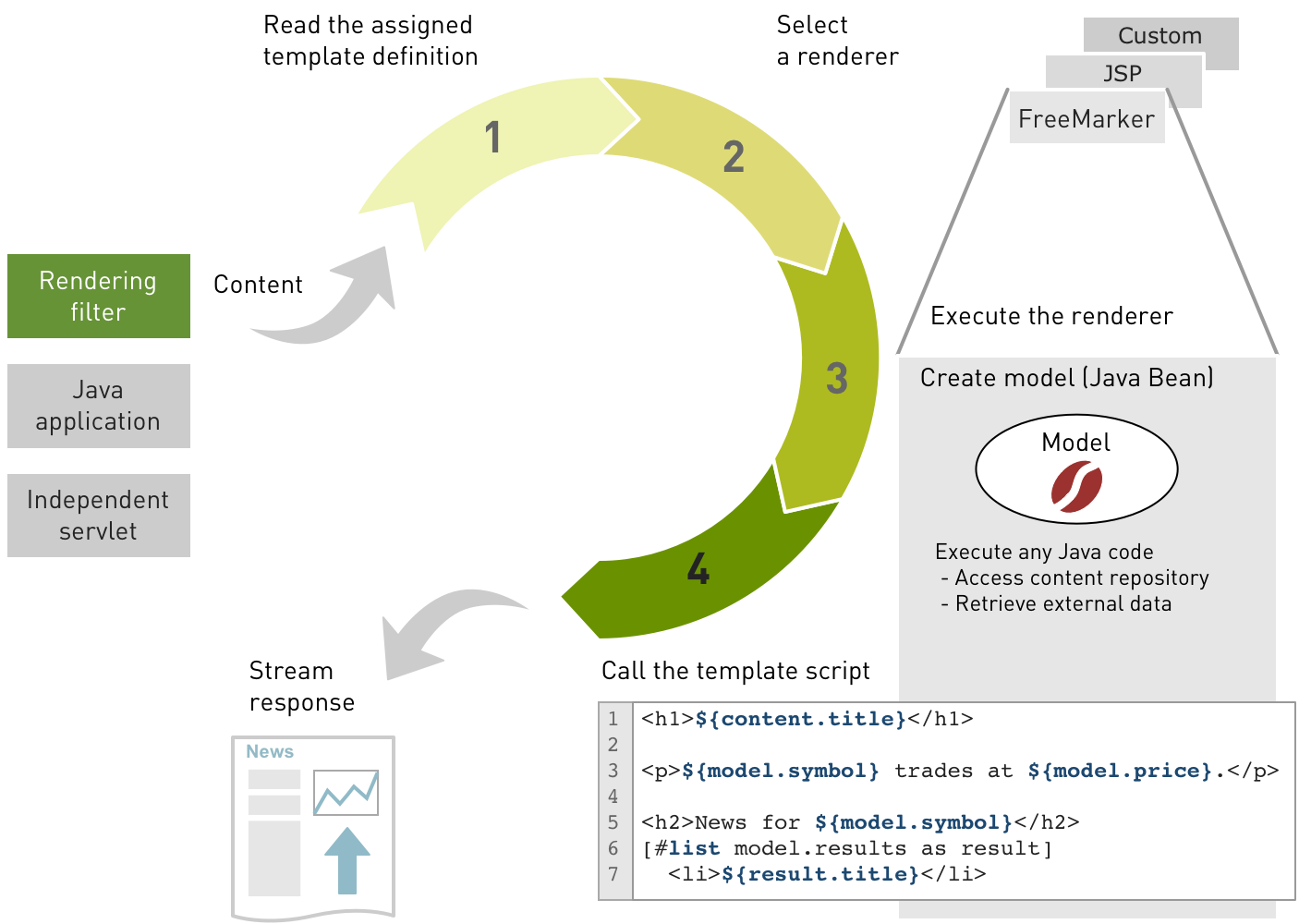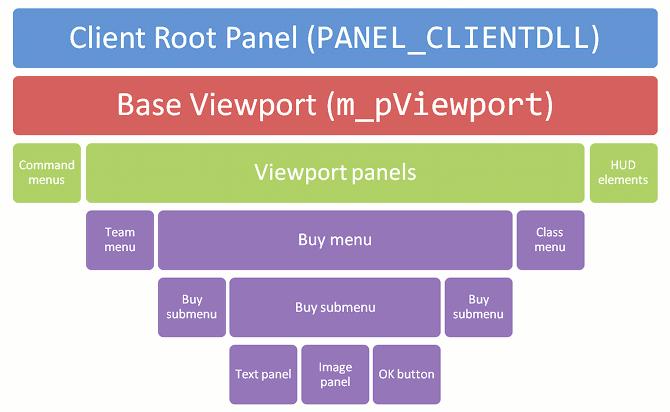
- #Source engine sdk renderer class software
- #Source engine sdk renderer class code
- #Source engine sdk renderer class free
Instead of a deep single-inheritance-only model, Quintus provides a flexible component model in addition to traditional inheritance to make it easier to reuse functionality and share it across games and objects. In lieu of trying to shoehorn a standard OOP-game engine structure into an HTML5 JavaScript engine, Quintus takes some cues from jQuery and provides plugins, events and a selector syntax. The Quintus engine is an HTML5 game engine designed to be modular and lightweight, with a concise JavaScript-friendly syntax. Quintus is an easy-to-learn, fun-to-use JavaScript HTML5 game engine for mobile, desktop and beyond.

can be augmented with various plugins to increase functionality.has extensive supporting documents: API Documentationã» Publicationsã» Tutorial Site.
#Source engine sdk renderer class free
is open source (MIT license), and therefore free to use.was released in 2011, but has already had over 1,000 games and applications published.is a framework for developing simple games and applications in HTML5 + JavaScript.Enchant.jsĪ simple JavaScript framework for creating games and apps with the following features: If your game is very GUI-heavy you might want to base your game on pure HTML-elements instead of canvas-sprites. Jaws use of canvas makes pixel perfect collisions and worms-style terrain relatively easy to develop. If you have tons of sprites (for example, a bullet hell schmup) you probably want to use a physicslib like Box2D or spatial hashing like quad trees to speed things up. Jaws comes with basic rect-vs-rect/circle-vs-circle collision detection that works well in most cases. Jaws is well suited for “classic” side/top scrolling games (tile based or not) where you have a number of sprite-sheet-animated sprites. It started out only doing canvas but is now also supporting ordinary DOM based sprites through the same API. Also group components and system in Modules that can be plugged to game application. So composition is used instead of inheritance. And any component which doesn't fit your needs can easily be replaced. Separates the functionality and data into individual Systems and Components that are mostly independent of one another. The dependency injection in Darling.js allow you to declarative describe how your application is wired. And I'll be very pleasured if you let me know that you are using engine in your project. You only need to noted in source that you have used Darling.js.
#Source engine sdk renderer class code
Code licensed under the Simplified BSD License.

Everything is optimized for maxium frames per seconds (FPS).ĭarlingJS is a component and entity based javascript game engine with dependency injections, and modular architecture. Darling.js does not cost a dime. Build to run on mobile devices with transparent touch and viewport support. No jQuery, as little DOM manipulations as possible.

Events, models, collections, inheritance and RESTful persistence. Specialized for 2D platformers, and optimized for mobile. Backbone Game Engine was written to run inside of CocoonJS Canvas+, so you can turn your HTML5 game into a native application on iOS or Android. Backbone Game Engineīackbone Game Engine is an elementary HTML5 Canvas game engine built on Backbone. Starting with pure JavaScript is the best way to get a solid knowledge of web games development.īut, why recreate the wheel to build our game from 0 (designing the controls, manipulation of assets, taking care about the optimization and a lot of endless problems that may take a lot of time to solve by ourself) if we can accelerate that process using a Game engine written in Javascript? In this article, we are going to expose, in our opinion, the best Javascript Game Engines for Web Games Development. We just want to stand out that Javascript can be used for Web Game Development! not just 2D games but 3D games as well. By taking advantage of the JavaScript API WebGL, they can fully render complex 2D and 3D graphics without relying on third-party browser plug-ins.
#Source engine sdk renderer class software
But what is it all about? According to what a developer, a software testing company and a game designer would say, modern browsers have the capabilities that we would have never imagined 5 or 10 years ago. Although the question of if "Javascript is slow?" is a very subjective question, because it runs on client's browser or so it totally depends on the hardware and the software on which javascript code is running.


 0 kommentar(er)
0 kommentar(er)
